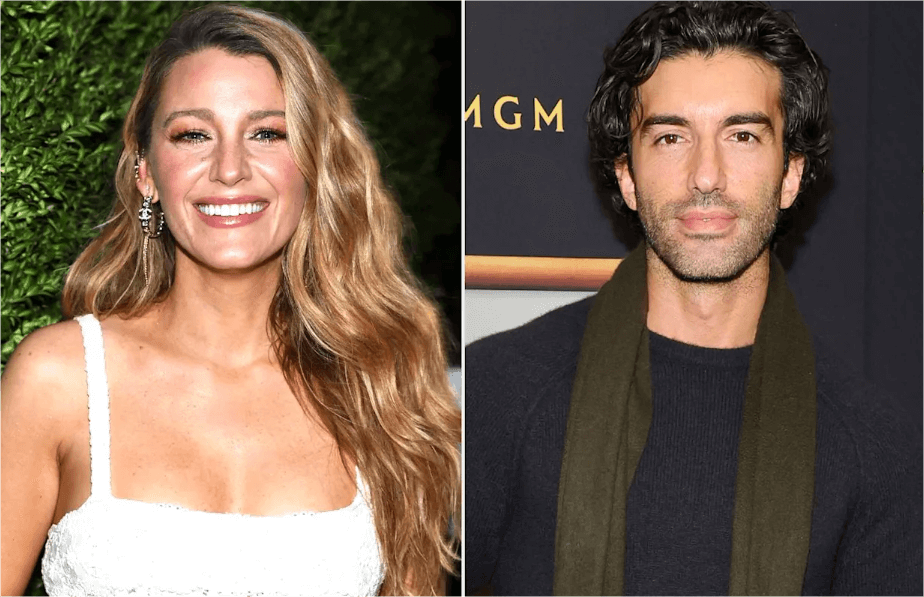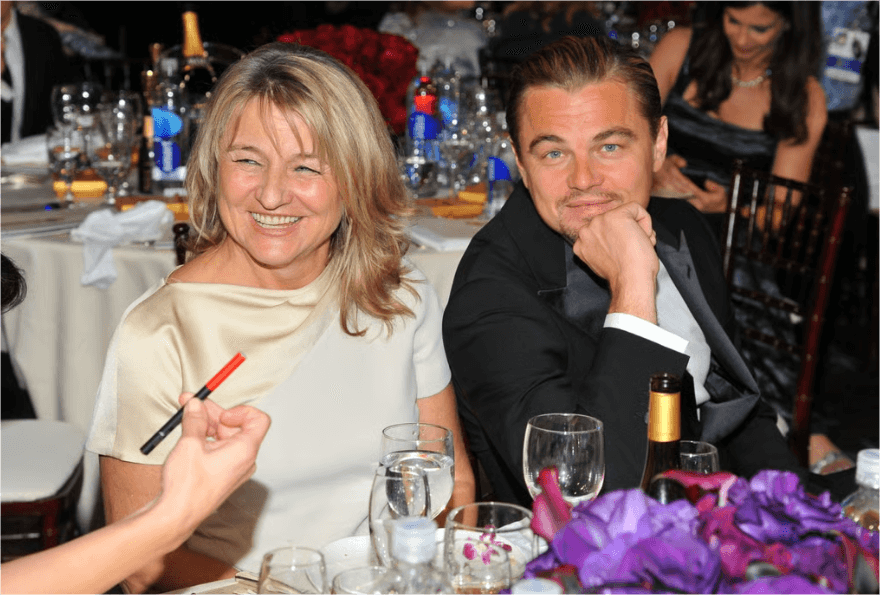📑Table of Contents:

Blake Lively and Justin Baldoni were supposed to be allies. They stood at the center of It Ends With Us, the film adaptation of Colleen Hoover’s bestselling novel. At first, the casting sparked buzz. Lively brought star power. Baldoni brought heart and direction. But what started as a creative partnership soon spiraled into public and legal warfare.
The headlines aren’t just about drama. They reveal deeper issues in Hollywood—power dynamics, harassment claims, and the weight of public perception.
A Promising Start Becomes a Painful Rift
In 2023, excitement built around the movie adaptation of It Ends With Us. Lively signed on to play Lily Bloom. Baldoni was both director and co-star. Fans anticipated a love story. But behind the scenes, things turned tense.
In late 2024, Lively filed a lawsuit. She accused Baldoni of inappropriate conduct on set. She claimed he crossed physical boundaries and used his position to create a toxic work environment. Her team stated that she had reported these behaviors early, but her concerns were dismissed.
That same month, multiple sources close to the production backed her story. Co-star Michele Morrone publicly stated that Lively was “not herself” during filming. He added that he witnessed her in visible distress.
Justin Baldoni Responds—and Escalates
Baldoni didn’t stay silent. In January 2025, he countersued. The filing was massive: $400 million in damages. He accused Lively of defamation, alleging she created a false narrative. Then he went further. He named Ryan Reynolds—Lively’s husband—and Taylor Swift in the suit. According to his legal team, the trio used media influence to pressure him into approving script changes.
Baldoni also sued The New York Times for an additional $250 million. He claimed the outlet misquoted him in a profile and that the false information damaged his brand. His lawyer called the situation “a takedown campaign.”
The Public Chooses Sides
Soon, the internet weighed in. The hashtag #IStandWithBlake began trending. Fans of Gossip Girl, The Age of Adaline, and The Sisterhood of the Traveling Pants voiced support. So did Lively’s co-stars. Amber Tamblyn, America Ferrera, and Alexis Bledel all released a joint statement in support of her courage.
Meanwhile, Baldoni’s supporters called for due process. Some pointed to his work on masculinity and vulnerability, highlighting TED Talks and his Man Enough podcast. They questioned whether the lawsuit was being tried in the media rather than in court.
Still, momentum leaned toward Lively. A judge dismissed Baldoni’s initial defamation complaint in June 2025. The court ruled that Lively’s statements were protected by California’s anti-SLAPP laws, which shield people from retaliatory lawsuits meant to silence them.
The Deposition Drama
As part of the pretrial process, both sides must give depositions. Baldoni’s legal team proposed a highly unusual move—they suggested Lively be deposed in public. At one point, they floated the idea of renting Madison Square Garden and selling tickets to benefit domestic abuse victims.
Lively’s team slammed the proposal. They called it a “mockery” of legal procedure and “a reckless publicity stunt.” They argued that the deposition should remain private to protect her safety and dignity.
On July 2, 2025, Lively filed a motion for a protective order. She asked the judge to allow her to choose the location, restrict access, and require Baldoni’s team to disclose the names of everyone who would attend. On July 14, Judge Lewis Liman ruled in her favor.
She will now give her deposition on July 17 under strict confidentiality terms. It will be recorded, but only court-approved personnel can be present. Baldoni’s team must also provide equipment and share footage afterward.
What Both Sides Are Preparing
Lively’s team says she will share detailed accounts of on-set experiences. They’ve gathered text messages, emails, and call logs. Her legal filing states that she reported harassment months before going public and faced retaliation shortly after.
Baldoni’s lawyers have vowed to “hold her accountable.” They claim they have digital proof to discredit her narrative. They’re expected to use timeline discrepancies, internal memos, and statements from other crew members.
One source close to Baldoni told People magazine that the actor-director “welcomes transparency” and sees the deposition as a turning point.
A Case With Wider Impact
This lawsuit between Blake Lively and Justin Baldoni isn’t just personal—it’s cultural. It lands at the intersection of #MeToo accountability and reputational warfare. Lively’s side frames the case as about safety and voice. Baldoni’s side claims it’s about false allegations and abuse of influence.
The story is also about optics. Lively is known for roles that blend strength and sensitivity. Baldoni built his image around empathy and progressive masculinity. Now, both are in court trying to preserve those reputations.
For fans and legal observers, the question is no longer just who is telling the truth; it is also who is telling the truth. It’s also about what kind of truth matters more—the legal facts, or the public perception?
What Comes Next
Lively’s deposition on July 17 will shape the narrative heading into the trial. Baldoni’s lawyers may file motions afterward. They might attempt to disqualify some of her claims. Alternatively, they could pursue a private settlement. However, as of now, the case is scheduled to go to trial in March 2026.
Both sides will face tough questions under oath. Both will need to show more than statements—they’ll need hard evidence.

Final Thoughts
What began as a romantic drama on-screen has evolved into a legal and cultural flashpoint. Blake Lively and Justin Baldoni are no longer co-stars. They’re adversaries in a high-stakes case that could set a precedent for how harassment claims and defamation lawsuits collide.
The public has opinions. But the court will decide. And as July 17 approaches, one thing is clear—this story is far from over.





